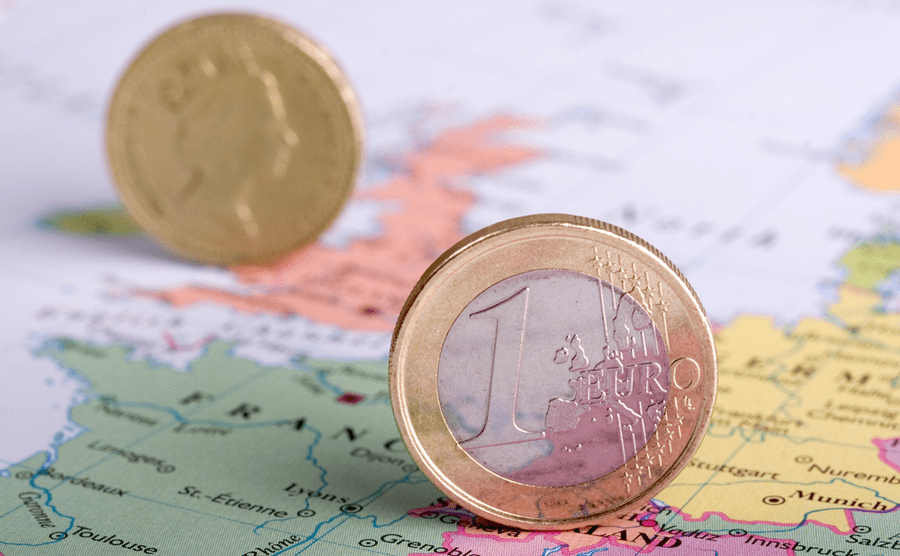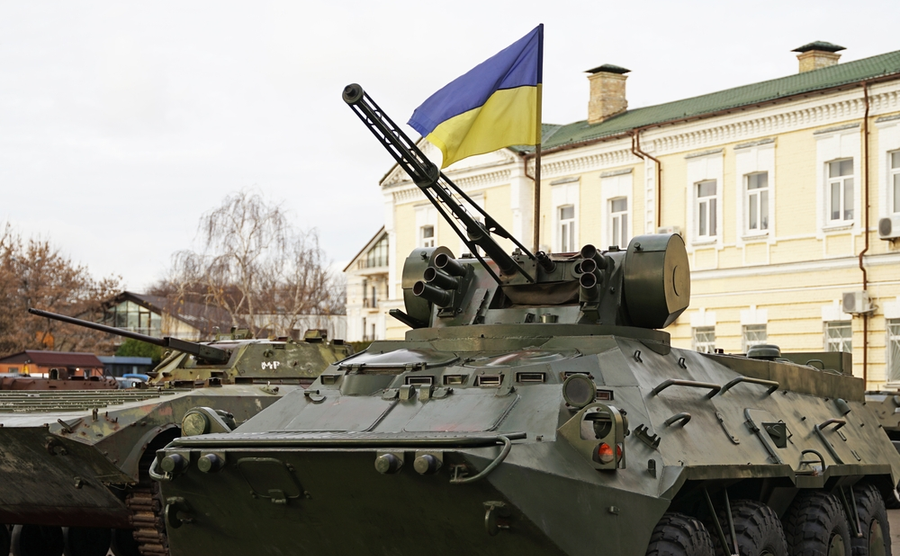Escalating tensions on the Ukrainian border have been driving the currency markets for weeks, with the euro, in particular, reacting to news and events. But why is this?
When reading about the currency markets, you may have heard the phrase ‘risk-on risk-off’. We explain what this is and why it impacts currency movements.
Get a quote from us today by completing our simple form. We’ll take a look at your requirements and arrange to speak to you at a suitable time to offer the best possible solution for all of your upcoming currency transfers.
What does ‘risk-on risk-off’ mean?
Exchange rates are determined by investors trading sums of currency. ‘Risk-on risk-off’ refers to investor’s appetite for ‘risk’, which is dependent on global economic activity. It is sometimes also referred to as ‘risk sentiment’ or investor sentiment.
If the risk is perceived to be low, this is described as ‘risk-on’. A ‘risk-on’ environment is likely to occur during times of market stability or recovery. This allows investors to opt for ‘riskier’ assets, such as currencies like the Australian or Canadian dollar.
If the risk is perceived to be high, this is described as ‘risk-off’. A ‘risk-off’ environment is likely to occur during times of instability. A volatile or uncertain environment, which could be caused by events such as escalating tensions in Ukraine, will prompt investors to err on the side of caution and opt for safer assets. These assets could be ‘safe-haven’ currencies such as the US dollar or Japanese yen.
How is the pound impacted by ‘risk-on risk-off’?
The pound can be impacted ‘risk-on risk-off’ market conditions. Typically, sterling would weaken in a ‘risk off’ environment and strengthen during ‘risk on’.
For example, the recent conflict in Ukraine has prompted investors to opt for safer assets, so the market conditions would be described as ‘risk-off’. This has caused the pound to weaken against the US dollar. The US dollar is a ‘safe-haven’ currency, so typically strengthens in a ‘risk off’ environment.
However, sterling also tends to toe the line when it comes to risk sentiment. In a ‘risk-off’ environment it tends to weaken against ‘safe-haven’ currencies. However, it can also strengthen against ‘riskier’ assets, such as emerging market currencies and the Australian, New Zealand and Canadian dollars.
How is the euro impacted by ‘risk-on risk-off’?
The euro tends to be somewhat unpredictable when it comes to risk sentiment. For years, the euro behaved like the pound – it would typically strengthen in times of market stability or optimism (‘risk-on’) and weaken during times of market distress (‘risk-off’).
However, in recent years it has started to behave more like a ‘safe-haven’ currency, strengthening in times of market volatility. The GBP/EUR pairing, therefore, tends to decline in ‘risk-off’ conditions.
This is not always the case, though. As the crisis in Ukraine has escalated, the euro has weakened against the pound, despite the pound typically being more sensitive to market mood. This is because the crisis has a direct effect on the European economy. Europe is reliant on Russian gas and any sanctions on Russia from the West could impact the supply of this.

As the crisis in Ukraine has escalated, the euro has weakened against the pound.
Why are certain currencies ‘safe’ whilst others are ‘risky’?
A ‘safe-haven’ currency is usually considered as such because of the economy behind it. For example, the Swiss Franc is a safe-haven currency due to factors such as the stable Swiss government, safe banking industry and low unemployment. The US dollar is the world’s reserve currency so is often the ‘default’ safe-haven choice during times of uncertainty.
The Singapore dollar’s safe-haven status has grown in recent years, benefitting from being the only southeast Asian economy considered to be developed rather than emerging.
In contrast to this, the Australian dollar is a risk-sensitive currency, as it is strongly tied to commodities. This is because Australia’s economy is heavily reliant on the export of agricultural and mining products. These commodities are volatile and demand from Asia tends to impact the Aussie dollar.
The Norwegian krone is also incredibly risk sensitive and tends to weaken in a ‘risk-off’ environment. In 2020, the pandemic and falling oil prices caused it to fall to its lowest since 1971.
Similarly, emerging market currencies, such as the Russian ruble and Brazilian real tend to be ‘riskier’ due to the Russian and Brazilian economies’ heavy reliance on commodities and bouts of political instability.
How can you protect your property purchase from currency movements?
Although the pound strong against the euro at the moment, it’s impossible to predict how it will fare in the coming days and weeks. Risk sentiment is strongly tied to news surrounding the Ukraine conflict at the moment. The uncertain nature of this could spell volatility for sterling, potentially having an impact on the price of your overseas property.
We can put measures in place, such as a forward contract, to ensure that your property buying budget is protected from this potential volatility. Contact our team on +44 (0)20 7898 0541 or fill in this short form.
















